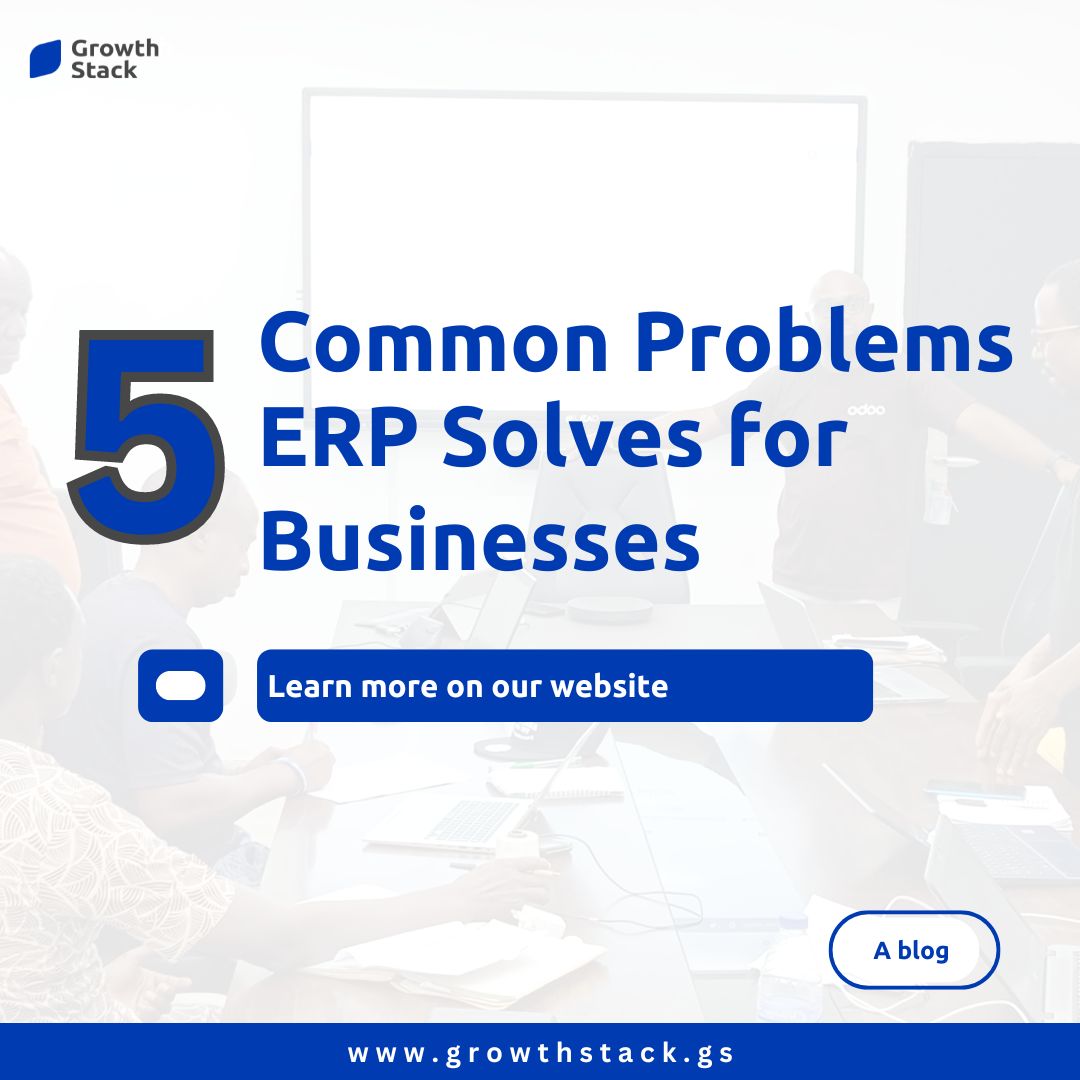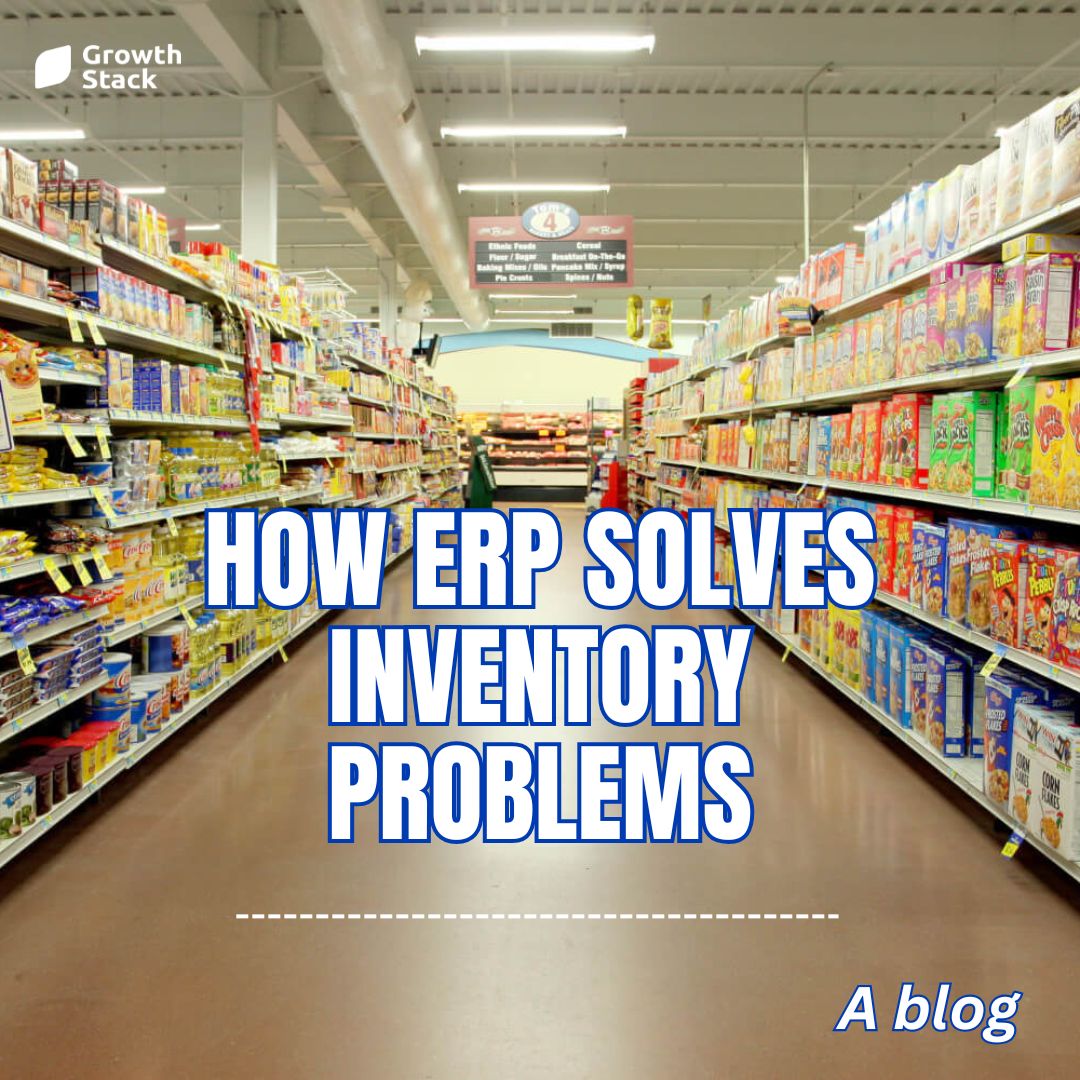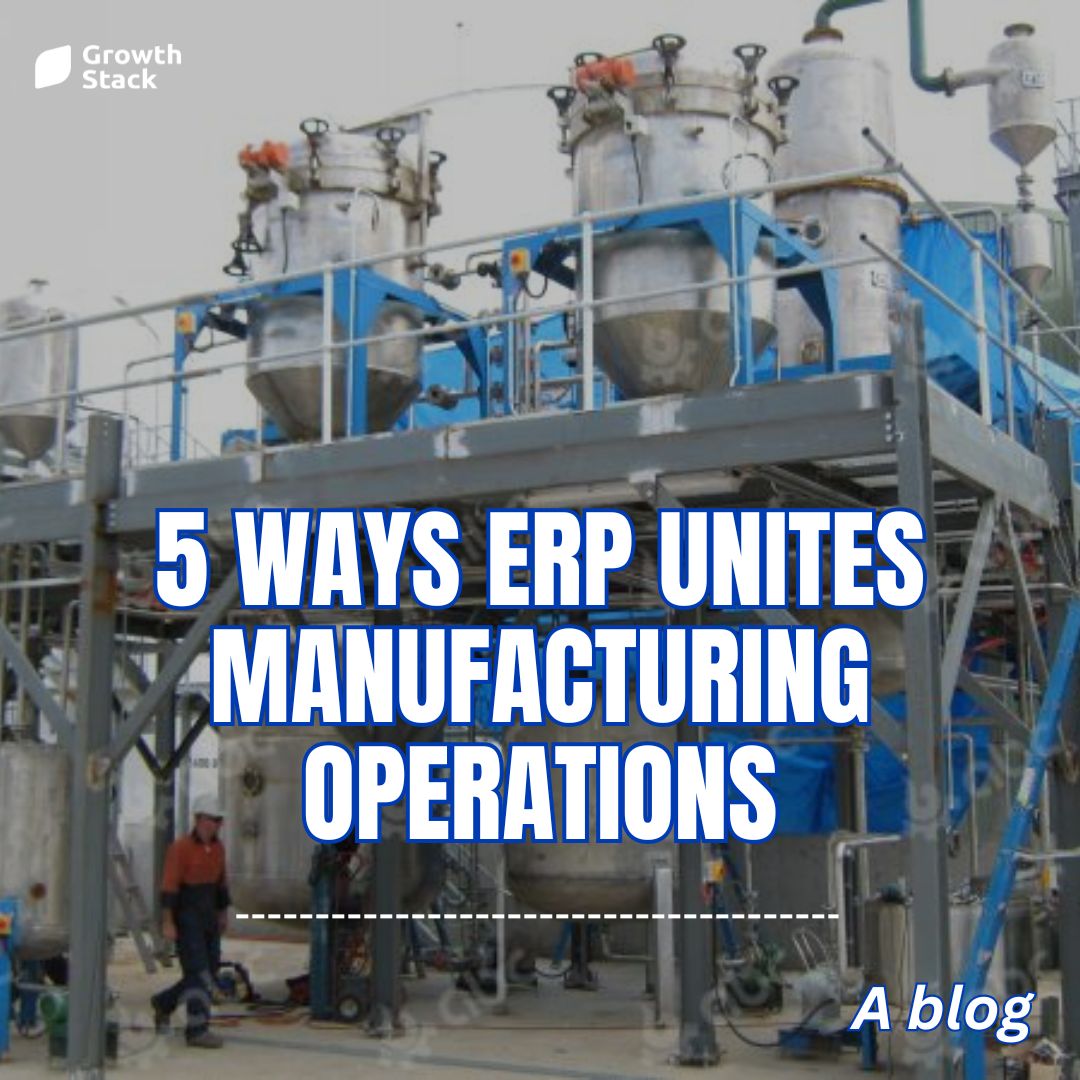In today’s competitive market, there are common problems businesses have to solve. Businesses are constantly seeking ways to improve their operations, increase efficiency, and drive growth. Therefore, Enterprise Resource Planning (ERP) systems have become essential tools in achieving these goals. They offer integrated solutions that address various challenges faced by organizations, and help them solve them.
Here are five common problems ERP systems can effectively solve:
1. Inefficient Data Management
Managing data across multiple departments can lead to inconsistencies and errors. ERP systems centralize data storage, ensuring that information is accurate and up-to-date. This eliminates the need for redundant data entry and reduces the risk of data discrepancies, allowing for more informed decision-making.
2. Fragmented Business Processes
Many businesses struggle with disjointed processes that result in inefficiencies and increased operational costs. ERP systems integrate various business functions—such as finance, human resources, and supply chain management—into a single platform. This integration streamlines workflows, enhances coordination, and improves overall productivity.
3. Poor Financial Visibility
Financial management is crucial for business success, yet many organizations face challenges in tracking and analyzing financial performance. ERP systems provide real-time financial data and advanced reporting tools. This enables businesses to monitor their financial health more effectively, make data-driven decisions, and comply with regulatory requirements.
4. Inadequate Customer Service
Customer satisfaction can be significantly impacted by delays and errors in service delivery. ERP systems include Customer Relationship Management (CRM) modules that help businesses manage customer interactions and track service requests. This leads to quicker response times, improved customer service, and stronger client relationships.
5. Inventory Management Issues
Effective inventory management is essential for maintaining optimal stock levels and minimizing costs. ERP systems offer real-time inventory tracking and forecasting capabilities. This helps businesses manage inventory more efficiently, reduce excess stock, and avoid stockouts, ultimately improving supply chain operations.
Conclusion
ERP systems are powerful tools designed to tackle common business problems. By addressing issues related to data management, fragmented processes, financial visibility, customer service, and inventory management, ERP solutions help businesses enhance their efficiency and drive growth.
Investing in an ERP system can lead to significant improvements in operational performance and strategic decision-making.
By focusing on these key benefits, businesses can better understand the value of ERP solutions and how they can transform their operations. For more insights on ERP systems and their impact on businesses; Click Here to Book A Free ERP consilutation












